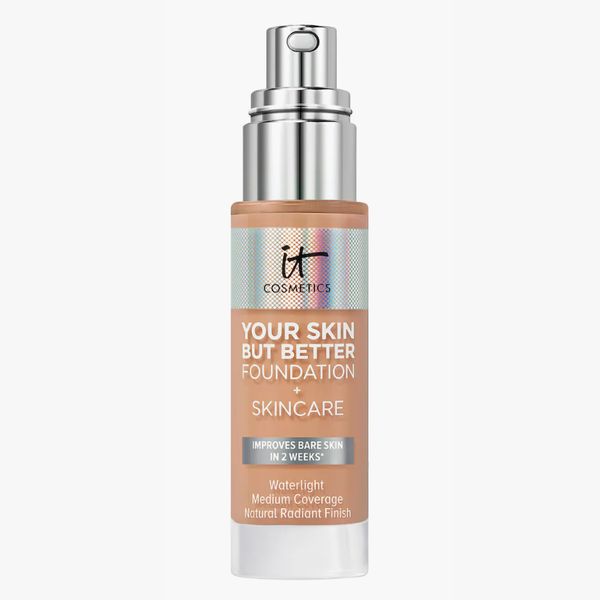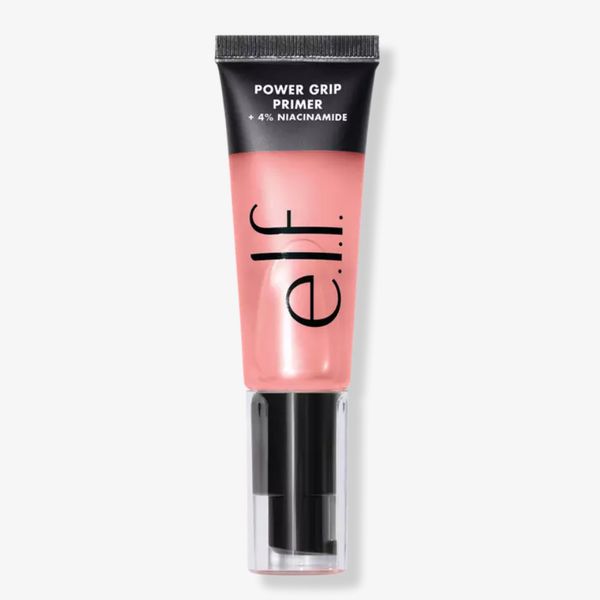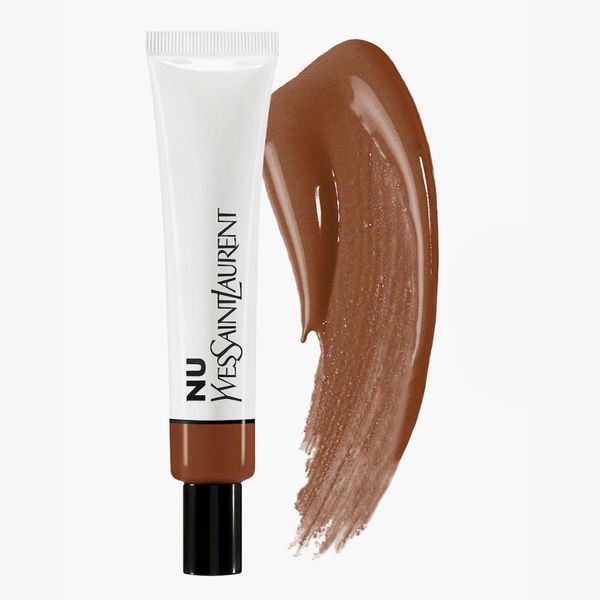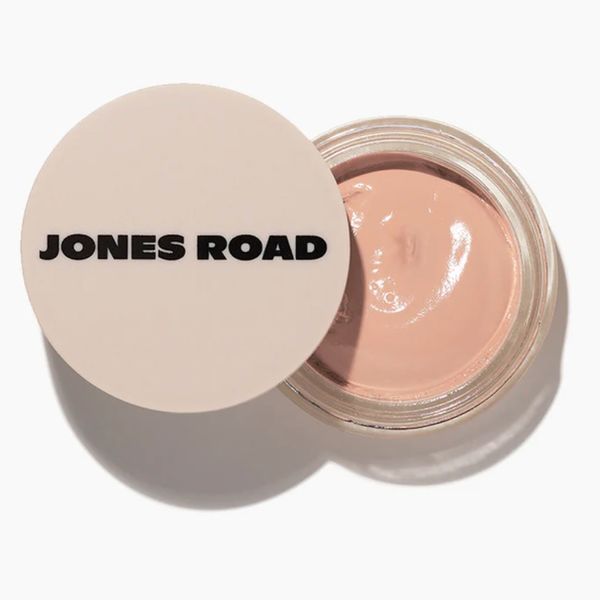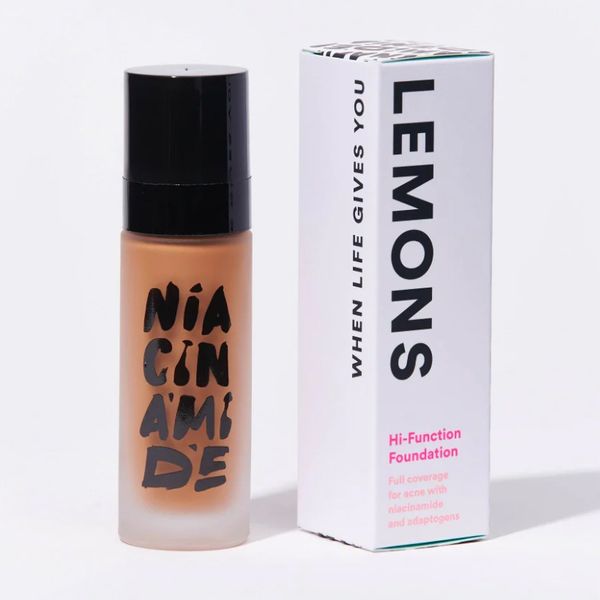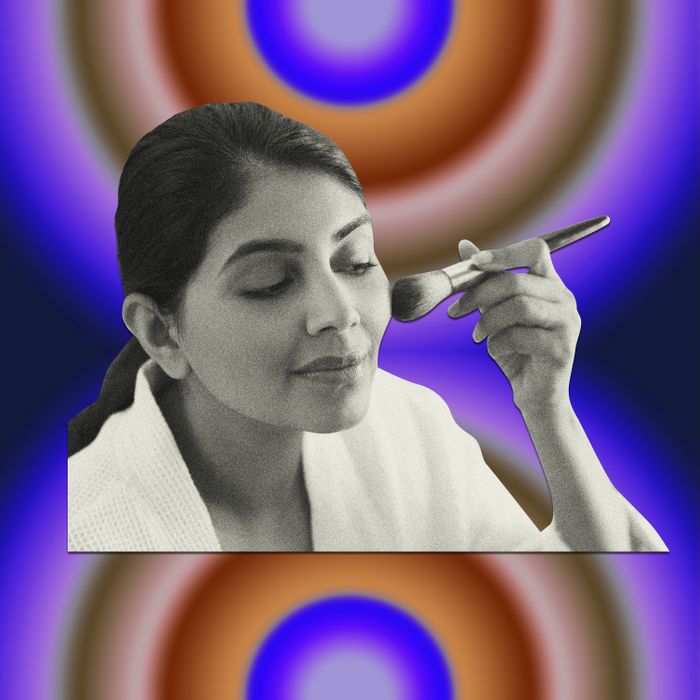
Photo-Illustration: by The Cut; Photos: Getty Images
Remember when people were using so many skin-care products that they needed Google Docs to keep track of them? Times sure have changed. These days, we expect our beauty products to do more with less hassle, time, money, irritation, environmental impact, [insert your wish here]. Everybody wants “a natural skin-like finish that simultaneously takes care of the skin without looking like makeup,” says Esther Olu, a cosmetic chemist and licensed esthetician. In response, brands have been pumping out makeup and skin-care hybrids — like foundations that control oil and concealers that treat under-eye circles.
Do they work? The experts I spoke to say it depends on which goals you’re trying to achieve. Hydration, oil control, and barrier protection are pretty easy to get from makeup. But it’s harder to find color products that can fade spots or reduce signs of aging. Read on for some guidelines to help you find makeup with actual skin-care benefits.
To get your money’s worth, focus on primers or foundations with sheer or medium coverage. “A blush with an active like vitamin C makes zero sense to me,” says Alexis Page, a product development consultant who has created products for Glossier, Pat McGrath Labs, and PilowtalkDerm. “Think about your routine and how you use products: If it’s a benefit you want all over, like hydration or oil-balancing, it’s nice to have that in your primer or foundation.” But don’t expect significant skin benefits from pigment-loaded, full-coverage foundations. “A high-coverage foundation just won’t be able to have room for as many actives,” explains product developer Julie Pefferman, who notes that she’d have to look at a particular product’s formula to say for sure if its skin-care benefits are legitimate.
Next, beware of makeup that promises results on par with actual skin care. While skin benefits are nice to have in makeup, experts say that they can’t match the power of a face cream or serum. That’s especially true of most “anti-aging” ingredients. Olu points out that retinoids and vitamin C would be difficult to get into makeup formulas at clinically effective levels, because “they’re notoriously unstable.” And AHAs and BHAs tend to work better at lower pH levels, “which can be a problem for other ingredients in a makeup formulation.”
As for makeup with sunscreen, it’s likely you’re not applying enough — or reapplying frequently enough — to get the SPF listed on the bottle, say Olu and Page. It’s better to think of these products as added insurance, not your main form of sun protection.
So how do companies get away with saying that their makeup is “anti-aging” or has other skin-care benefits? The claims are written strategically, so read product descriptions carefully. A company may promise benefits that you’d get from a raw ingredient that’s included in its formula, but that doesn’t mean the finished formula offers the same benefit, explains Pefferman. For example, a foundation may tout that it has “niacinamide that brightens skin,” but that’s not the same as saying, “This foundation brightens skin.”
The gold standard for a skin-care claim is a clinical trial that shows a finished product has particular benefits, says Pefferman. But if a brand can’t afford to do a clinical trial of its makeup — or it knows the product wouldn’t show significant results — it might do a consumer-perception study instead. For example, the brand may say it tested the foundation on consumers and “99 percent saw improved hydration.” But “you’ll never know if the hydration was from the active ingredient that they marketed to you,” says Pefferman. The testers’ skin might have been more hydrated from glycerin, which is already in many traditional foundation formulas, rather than something the brand charges a premium for — like a peptide or hyaluronic acid.
Regardless of the claims, if you discover a makeup product with skin-care benefits that you can afford to buy regularly — and that makes your skin look or feel healthier or makes you feel more confident — why question it? The product works for you. And if a skin-care and makeup hybrid isn’t in the budget, traditional foundation still does plenty. “Even without actives, it can be a great all-day barrier protector by itself — and that’s a skin-care benefit,” says Pefferman. Or skip the makeup and spend your money on sunscreen. IMO, it’s the beauty product with the biggest return on investment.
Primers, tinted moisturizers, and foundations that do more than they need to.
This foundation evens skin tone and visibly refines texture in two weeks, according to a clinical trial. But I don’t care about the claims — I’m just obsessed with the hydrating feel, skin-like finish, and huge color range. (FYI: Page and Pefferman recommend this one too.)
Niacinamide evens out skin tone, but it can be difficult to include at clinically effective levels in an inexpensive foundation. However, as a primer additive, “this makes sense,” says Olu.
This tint is more like a moisturizer or serum. “I love this one despite the limited shades,” says Olu. “It’s very hydrating and contains a blend of humectants you cannot go wrong with.”
It may not call out the fact that it has skin-care benefits, but this tinted balm is as hydrating as a moisturizer, says Page: “It’s comforting and really cushiony. I think of it as tinted moisturizer in a jar.”
Pefferman is a fan of this new foundation with niacinamide, which acts as an anti-inflammatory, reduces oil production, and regulates skin tone, according to the company.
Jennifer G. Sullivan answers all your beauty-related questions with practical advice and zero judgment. Send your questions to [email protected]. (By emailing, you agree to the terms here.)
See All

